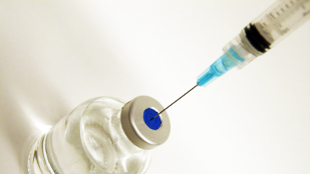 SXC.HU, BRIAN HOSKINSA hormone-mimicking drug known as LY has shown promise in treating a variety of metabolic problems associated with obesity, researchers reported today (September 3) in Cell Metabolism.
SXC.HU, BRIAN HOSKINSA hormone-mimicking drug known as LY has shown promise in treating a variety of metabolic problems associated with obesity, researchers reported today (September 3) in Cell Metabolism.
Many patients with type 2 diabetes also face a number of metabolic disorders—including hypertension, elevated LDL (“bad”) cholesterol levels, reduced HDL (“good”) cholesterol, and sugar intolerance—that are difficult to target and treat with just one drug.
Previous research has indicated that administering a hormone called FGF21 may improve overall metabolism in obese mice. The results of the present LY study—a randomized trial conducted by researchers from the drug’s maker, Eli Lilly and Company—mark the first findings of similar effects in humans.
Over the course of a month, 46 obese patients with type 2 diabetes were injected with a dose of LY, a variant of the human form of FGF21. At the end of the trial, patients administered the drug showed reduced LDL and triglyceride levels, ...



















